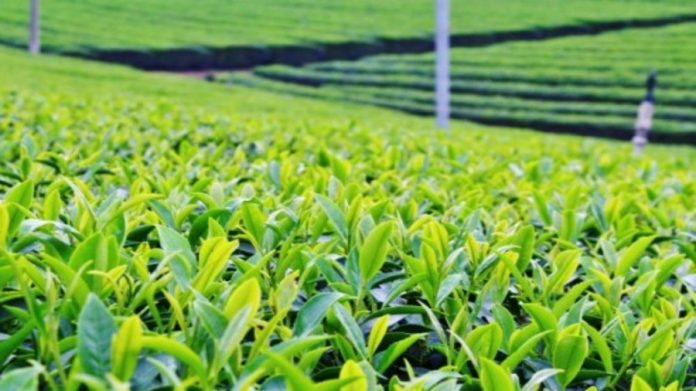HARARE – Agro-industrial concern, Ariston Holdings revenue for the first three months to December 2023 (Q1) grew 5% sustained by increased domestic tea sales volumes and macadamia nuts carried over from previous year
The group is recovering from a $33 billion loss posted in FY 23 which was as a result of exchange losses on borrowed funds, largely in USD currency which saw borrowings reaching $38.4 billion.
In Q1, the group recorded significant volumes sales during the period despite, both the domestic and export prices for tea remaining unchanged compared to prior year comparable period.
In it’s Q1-2024 trading update, group revenue was 5% up at USD1.04 million compared to USD987,135 achieved in the prior comparative period after tea sales volumes grew 12% to 529 tonnes and macadamia sales volumes grew 415% to 132 tonnes from 26 tonnes same period previous year.
Due to the cyclical nature of the Group’s operations, sales n the first quarter are relatively minimal as the majority of harvesting and selling occurs in Q2.
“Sales volumes for macadamia nuts were higher than production volumes due to sale in the current year of stocks held at prior year period end,” the group said.
Earnings were further sustained by improved tea sales from the domestic market which has become highly dollarized. According to the group, exports viability is being threatened by the RBZ statutory 25% export proceeds liquidation policy “having a significantly negative effect on the tea business’ profitability given the significant disparity between the Interbank rate and the far rate used by local suppliers.”
Despite embarking on a strategy to focus on production of high quality tea to meet export standards and boost export earnings two years ago, the group has been deliberately channeling it’s tea into the domestic market during the quarter to evade the 25% RBZ export proceeds retention scheme which has proven to be costly for exporters.
In terms of production, current year tea production volumes at 716 tonnes increased by 2% when compared to 700 tonnes achieved in the prior comparative period albeit coming from a lower base.
“The FY2023 volume was however 20% behind the 898 tonnes produced in FY2022.The 20% decline was due to the deliberate decision made by the Board to focus the business on quality of tea produced as opposed to quantity so as to increase the percentage of tea whose quality meets export parameters which would result in improved selling prices and hence export revenue.”
Macadamia harvesting only commences towards the end of the second quarter hence there was no determination on macadamia for Q1 save for some early macadamia nut drops noted which amounted to 76 tonnes. The group remains optimistic of firming macadamia nuts demand this year although its too early to have a view on the market prices. Nevertheless, the group notes that “sales of the early drop nuts have been at an improved price compared to prior year’s for similar quality.”
On the Poultry unit, the group undertook an out-grower model with volumes determined by the poultry operator for whom the chickens are beng grown.
On other products which now only consist of bananas, whereas the prior comparative periods also included potatoes which were not part of the cropping plan in the current period.
“Potatoes were not grown in an effort to preserve the dam water for seed crop irrigation given the predictions for an El Nino this season. Accordingly, there was a volume decline in this category,” the group said.
During the period, the group installed the solar energy plant at its Southdown Estate, it’s largest tea factory which alleviated the negative effects of power outages.
“This has also had the impact of cost saving through reduced reliance on generators and the associated
fuel and maintenance cost whilst contributing towards safeguarding and enhancing environmental resources and processes through use of a renewable energy sources.”
The dollarisation of the domestic economy has provided a lifeline for the group which predominantly relies on the export market in the face of an unfavorable foreign currency retention policy which now threatens exports viability. But given the fragile nature of the local economy, this strategy however exposes the group to domestic shocks such as weak consumer spending due to tight liquidity and rising inflation which calls for the need for authorities to rethink the export proceeds retention policy to make exports attractive.















